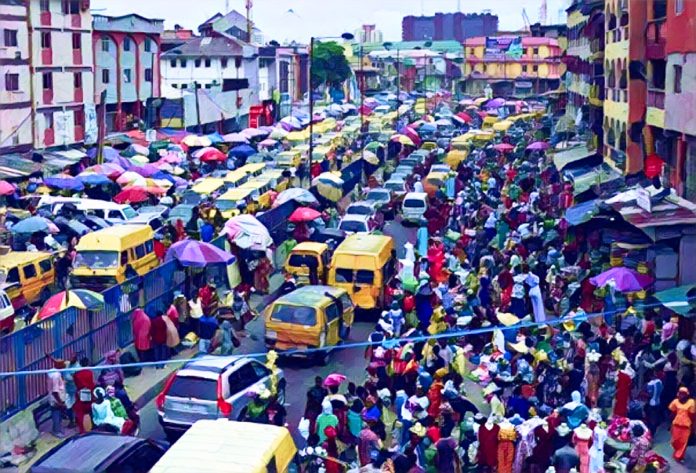KEY POINTS
-
Reliance on fuel imports, forex illiquidity, and regulatory bottlenecks add hidden costs to goods, sustaining inflation.
-
Insecurity and climate change have crippled agriculture, turning Nigeria into a net food importer despite vast arable land.
-
Short-term fixes like import waivers fail to address systemic issues, while high interest rates stifle productive sectors.
Nigeria’s inflation rate, which eased marginally to 23.71% in April 2025, remains among the highest globally, defying short-term monetary fixes.
While the Central Bank of Nigeria (CBN) often attributes rising prices to currency depreciation and food supply shocks, a deeper investigation identifies five structural and policy-driven factors sustaining inflationary pressures.
1. Dependence on Imported Refined Fuel:
Despite being Africa’s largest crude oil producer, Nigeria imports over 90% of its refined petroleum products due to defunct refineries. The 2023 subsidy removal spiked transport costs by 300%, cascading into food distribution expenses. “Every liter of imported fuel adds a ‘tax’ of inefficiency to every product Nigerians consume,” says energy economist Cheta Nwanze. The Dangote Refinery, operational since late 2024, has yet to significantly reduce import reliance, with bureaucratic bottlenecks delaying full-scale output.
2. Forex Illiquidity and Parallel Market Dominance:
The CBN’s 2023 forex unification policy collapsed the official and parallel exchange rates, but dollar scarcity persists. Manufacturers and importers source 45% of forex needs from the black market, where rates are 25% higher than official windows. This “dollar premium” inflates production costs. A 2025 World Bank report notes Nigeria loses $4 billion annually to forex arbitrage, directly feeding into consumer prices.
3. Farmland Abandonment Due to Insecurity:
Banditry and herder-farmer conflicts have displaced 4 million rural Nigerians since 2020, per the UN. The Agricultural Employers’ Association estimates 35% of arable land in Niger, Kaduna, and Zamfara states—Nigeria’s grain belt—lies fallow. “We now import 70% of our wheat despite having ideal growing conditions,” laments agronomist Fatima Aliyu. The resulting reliance on imports exacerbates food inflation, which accounts for 68% of headline inflation.
4. Climate-Driven Crop Failures:
Erratic rainfall and desertification reduced Nigeria’s 2024 rice yield by 18%, per the FAO. Lake Chad, a vital water source for irrigation, has shrunk by 90% since the 1960s. Meanwhile, flooding in Kogi and Anambra states destroyed 500,000 hectares of farmland in 2024. These climate shocks disrupt domestic supply chains, forcing dependency on volatile global markets.
5. Regulatory Overlap and “Multiple Taxation”:
Businesses face levies from federal, state, and local agencies, often for the same services. A 2024 Lagos Chamber of Commerce study found manufacturers spend 22% of revenue on compliance costs. “Moving goods from Kano to Lagos involves 15 checkpoints, each demanding unofficial fees,” says logistics firm CEO Tunde Okoye. These costs deter investment in production, perpetuating supply shortages.
Government Responses and Gaps:
While President Tinubu’s administration suspended tariffs on food imports and declared a food security emergency, critics argue these measures ignore root causes. “Import waivers are a band-aid,” asserts Development Economist Zainab Ahmed. “Without securing farms, fixing refineries, and harmonizing taxes, inflation will remain endemic.” The CBN’s interest rate hikes to 24.75% have also drawn criticism for stifling SME growth without curbing speculative forex trading.



